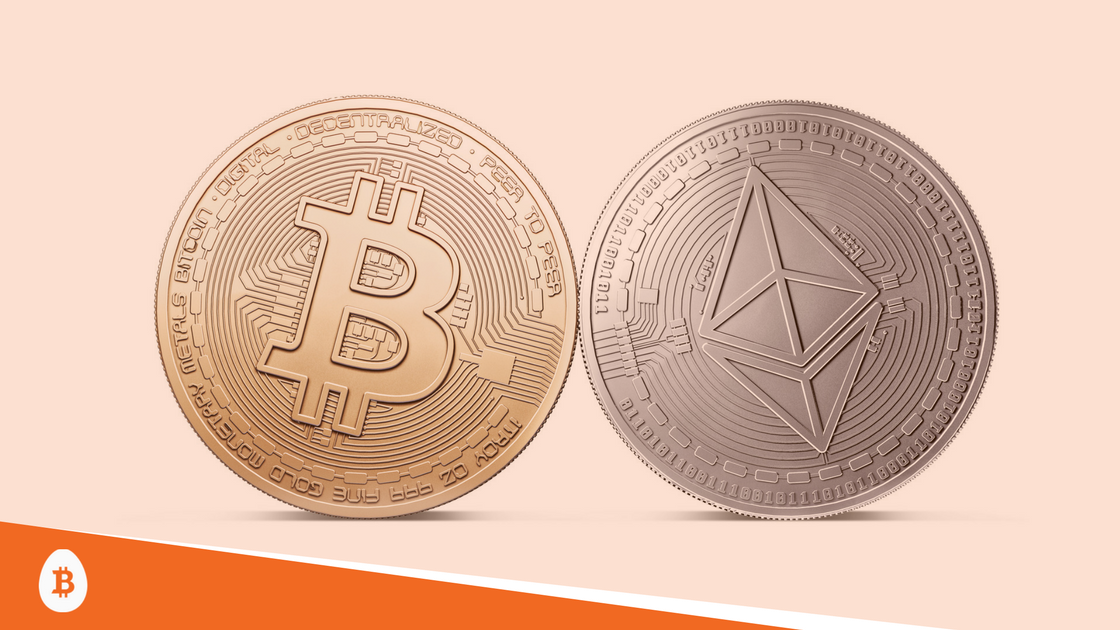Bitcoin and Ethereum are the most used cryptocurrencies. While the two are built with the same technology, they differ in their technical and governance designs. To its developers, Ethereum is a better version of bitcoin.
The following are areas bitcoin and Ethereum differ:
Identity of Founders
The only contact the community around bitcoin has had with its founder are contributions to online forums under the pseudonym Satoshi Nakamoto. The last of these was made in December 2010.
The founder-anonymity has added to bitcoin’s decentralized, open source and community owned nature. Its drawbacks however includes discussion on the protocol improvement such as the scaling debate becoming difficult as there is no figurehead to provide guidance.
Meanwhile, the founder of Ethereum Vitalik Buterin is a well-known figure and a common speaker in events around the world. In July 2016, he rallied the community to change the core software to save funds in a decentralized anonymous organisation (DAO) after it was attacked.
The downside of Ethereum having an influential founder, however, came in June 2017. A fake story announcing Vitalik’s death spread online and Ethereum lost close to $4 billion within hours.
Deflationary vs inflationary
Bitcoin has an all-time cap of 21million bitcoins. The amount the network mines every ten minutes-12.5 bitcoins at the moment- halves every four years. The last coin is expected to be mined in the year 2140. This cap makes bitcoin deflationary.
Ethereum lacks an all-time cap on ether mining. Instead, it has an annual cap of 18 million. This might change though with future core protocol upgrades. Adding a cap to mining is one of the changes the community is discussing to include in a planned shift from proof of work (PoW) to proof of stake (PoS) consensus protocol.
Functions of Foundations
Foundations are a common feature in open source projects. Bitcoin and Ethereum have them, but their nature, powers and functions differ. The bitcoin foundation was created in September 2012, close to three years after the launch of the cryptocurrency.
Enthusiasts and owners of businesses around bitcoin founded the non-profit organization to standardize, protect and promote its use. It however it doesn’t have the authority and support from across the community.
Meanwhile, the Ethereum foundation came into being before the launch of the cryptocurrency. It oversaw the initial coin offering (ICO) and sold close to 50 million pre-mined ethers in July 2014. It is in full charge of the protocol improvement. It funds and manages core development.
Support for other applications
The bitcoin scripting language is rigid. Satoshi Nakamoto designed bitcoin with currency as the primary function. It has little optimization to support other applications.
Ethereum functions as a virtual Turing complete machine. It supports and runs more applications besides a currency. In particular, it supports smart contracts, self-executing agreements written in code. Smart contracts could automate and improve efficiency in a wide range processes.
Ethereum also supports and provides tools for third parties to creation, sale and use digital tokens.
Why Ethereum might overtake bitcoin
As the first cryptocurrency ever, bitcoin seemed set to become the reserve currency for the blockchain space. Ethereum has, however, turned into the industry standard for issuing custom digital assets, tokens and smart contracts. Its native currency ether is what investors are using to buy stake in new and disruptive start-ups through initial coin offerings (ICOs.)
As the token market grows, ether will likely remain the currency investors use to move between different investments options. This could drive its price even above that of bitcoin’s price.
The other factor that might enable the price of ether to go past that of bitcoin is the outcome of the ongoing scaling debate. If the bitcoin community fails to agree, bitcoin transactions confirmations will slower further and that will make bitcoin unattractive to new users.
There is also the threat of bitcoin undergoing a hard fork and disintegrating into two weaker cryptocurrencies.
The Ethereum community has called the phenomenon of price of ether overtaking that of bitcoin the flippening moment.







 3,500+ 5-Star Reviews
3,500+ 5-Star Reviews